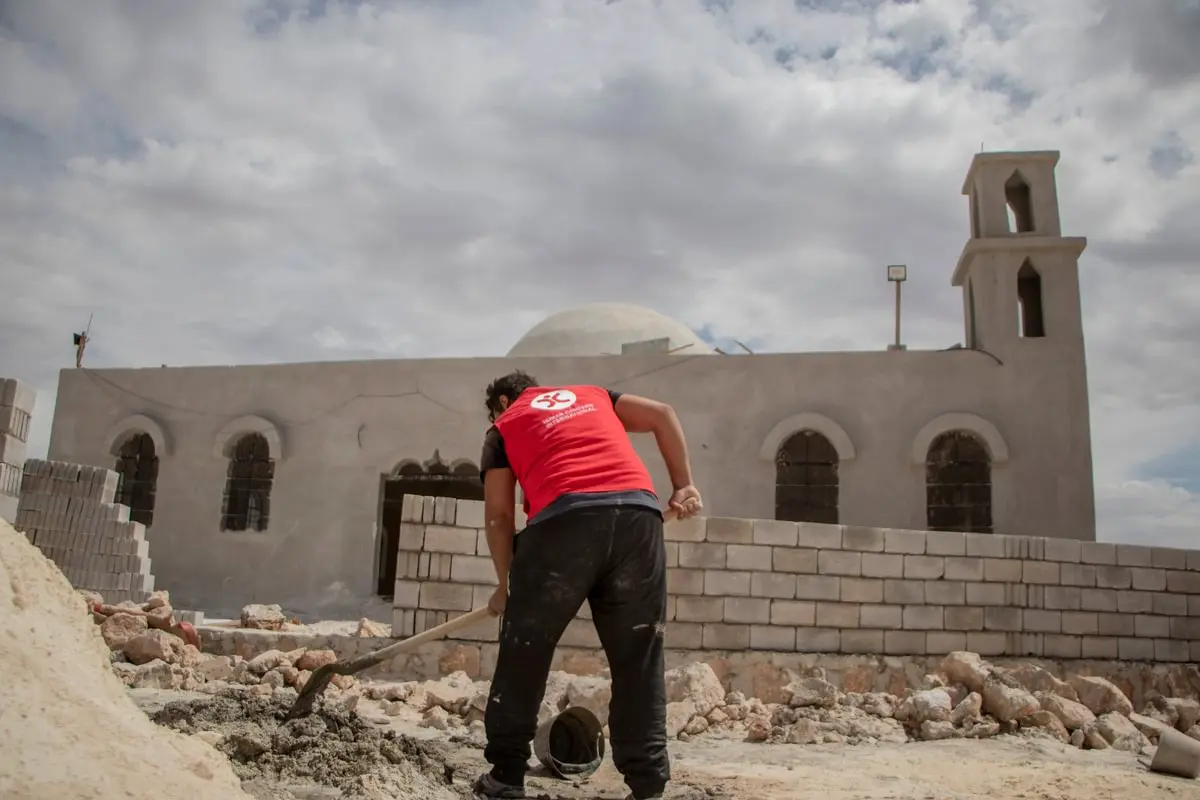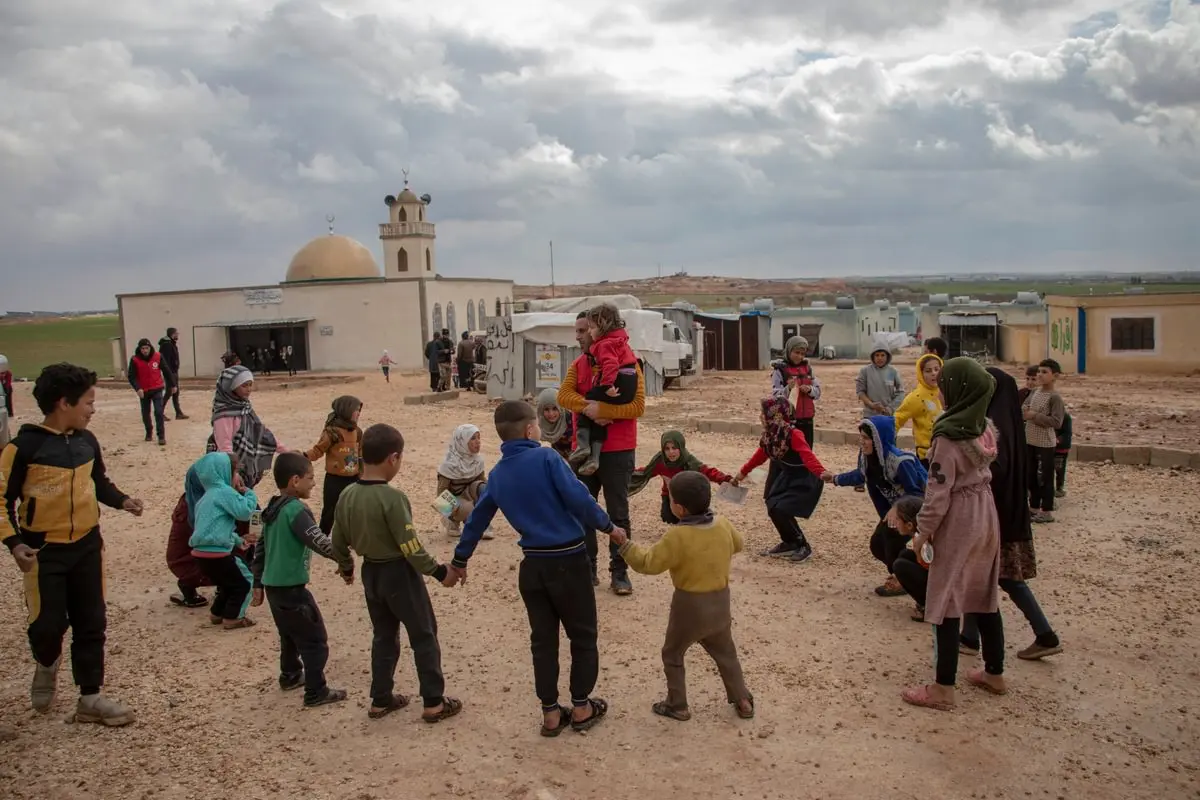Every year, Muslims around the world fast 30 days for the month of Ramadan. There are rules to fasting. This is known as Fiqh. The rules are meant to safeguard the person’s fast and maintain its integrity to ensure acceptance. Below is a little guide on the Fiqh of Fasting that covers the answers to essential questions every fasting person should know.
In Arabic, the word for fasting – Saum – means to abstain. As for the legal meaning of Saum (fasting), it is to refrain from eating or drinking and acting upon one’s carnal desires intentionally from dawn till dusk. Muslims fast or abstain from eating and drinking for the sole purpose of worshiping Allah and obeying His commands
Fasting is one of the five pillars of Islam. Allah commands all able Muslims to fast: “Oh you who believe, prescribed for you is fasting, as it was prescribed for those before you, perhaps you would gain God-consciousness.”
While there are many social and physical benefits to fasting, the purpose of fasting is clear: to obey Allah and attain god consciousness.
The fast of Ramadan is obligatory upon every individual who fulfills all of the following conditions:
The fast is valid when meeting the following conditions.
There are two types of acts that nullify the fast. First, when a person intentionally breaks a day of fasting in the month of Ramadan for no reason at all. On such an occurrence, this person must make up the missed fast and fulfill one of the following – known as Kaffarah (expiation):
The second type of act that nullifies the fast is when one accidentally breaks it. For example, if a person accidentally swallowed water while gargling, that would break the fast. When accidents like this occur, a person must only make up for the day by fasting another.
The chronically sick, the elderly, those on critical medication, those who are mentally ill, and women who are menstruating are excused from fasting. For them, a Fidya payment of $10 for every day missed. This donation helps feed the needy once or twice a day.












Human Concern International is the oldest Muslim relief organization in Canada, fighting poverty for over 45 years.
We are a registered charity with the CRA. Charitable Registration No. 107497125 RR 0001